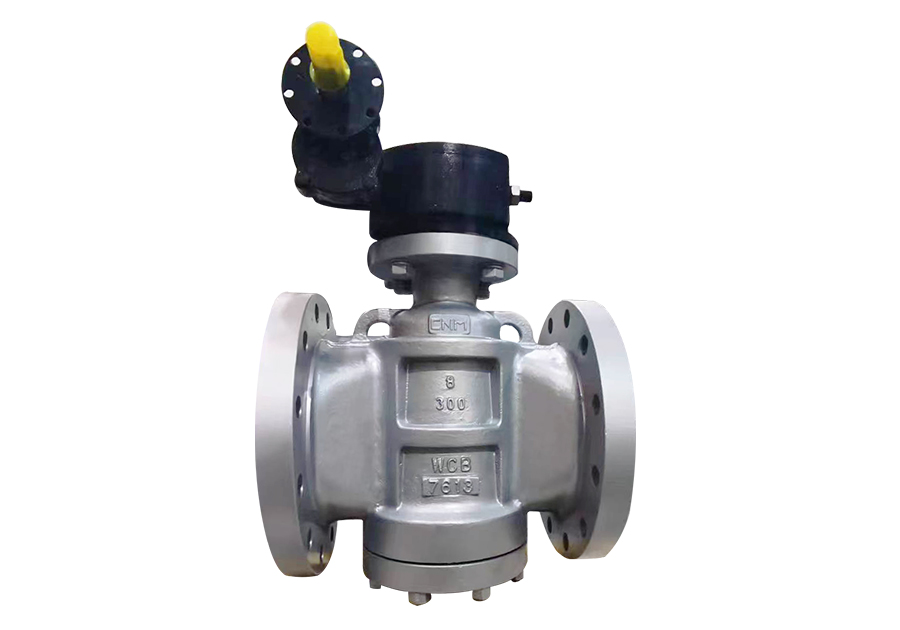Plug Valves: Versatile Flow Control Solutions
In the realm of flow control, plug valves have established themselves as reliable and versatile components. With their simple yet effective design, plug valves are widely used in various industries to regulate the flow of fluids. In this article, we will explore the features, benefits, and applications of plug valves.
Plug valves consist of a cylindrical or conical plug, which acts as the closing element, and a body that houses the plug. The plug has a hole or port passing through it, allowing fluid to flow when aligned with the inlet and outlet ports of the valve. By rotating the plug, the flow can be either fully open, fully closed, or somewhere in between, providing precise control over the fluid flow rate.
One of the primary advantages of plug valves is their excellent sealing capabilities. The plug, typically made of materials such as metal, elastomers, or plastics, forms a tight seal against the valve body. This ensures minimal leakage and prevents the unwanted flow of fluid when the valve is closed. The sealing efficiency of plug valves makes them suitable for both high-pressure and low-pressure applications.
Plug valves offer a wide range of options in terms of port configuration. They can have various port types, including straight, full bore, reduced bore, and multiport. The choice of port type depends on the specific application requirements, such as flow capacity, pressure drop, or flow direction. The versatility of plug valves makes them suitable for different industries, including oil and gas, chemical processing, water treatment, and power generation.

Another advantage of CNM plug valves is their ability to handle a wide range of fluids, including corrosive and abrasive media. The choice of plug material allows for compatibility with various chemical substances. For aggressive environments, plug valves can be lined with materials such as PTFE (polytetrafluoroethylene) or reinforced with special coatings to enhance resistance to corrosion and wear.
Plug valves are known for their ease of operation and low torque requirements. The rotating motion of the plug allows for quick and efficient opening and closing actions. This feature makes plug valves suitable for applications where frequent operation is required or when rapid shut-off is essential for safety reasons. Additionally, plug valves can be actuated manually, pneumatically, or electrically, offering flexibility in terms of control and automation.
Maintenance and repair of plug valves are relatively straightforward. The design simplicity of plug valves means that fewer components are prone to wear or failure. In case of any necessary repairs or maintenance, the plug and seat can be easily replaced, minimizing downtime and reducing maintenance costs. Regular inspections and lubrication can ensure optimal performance and extend the lifespan of plug valves.
In conclusion, plug valves are versatile and reliable flow control solutions. Their effective sealing capabilities, range of port configurations, and ability to handle various fluids make them suitable for a wide range of industries. Plug valves offer precise control over fluid flow rates and are capable of withstanding high pressures and corrosive environments. Their ease of operation, low torque requirements, and straightforward maintenance contribute to their popularity. Whether it's regulating flow in oil pipelines, controlling chemical processes, or managing water treatment systems, plug valves prove their worth as efficient and adaptable components in the realm of flow control.
400
0
0

Comments
All Comments (0)